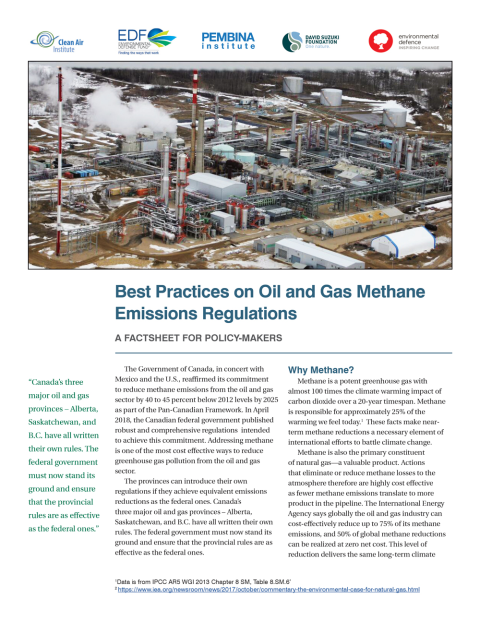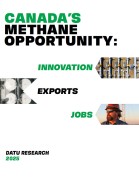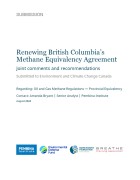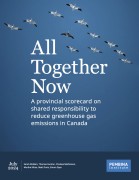Methane is a potent greenhouse gas with more than 80 times the climate warming impact of carbon dioxide over a 20-year timespan. Reducing methane emissions is one of the most cost-effective ways to reduce greenhouse gas pollution from the oil and gas sector. And, because it is a primary constituent of natural gas, reducing methane losses to the atmosphere translates to more product in a pipeline.
As part of the Pan-Canadian Framework, the Government of Canada reaffirmed its commitment to reduce methane emissions from the oil and gas sector by 40 to 45 per cent below 2012 levels by 2025, and in April 2018, set robust and comprehensive regulations.
Provinces were given the opportunity to come up with their own regulations that would supersede federal rules if they achieve the same level of reductions. Canada’s three major oil and gas-producing provinces – British Columbia, Alberta and Saskatchewan – each chose to develop their own regulations.
This analysis outlines the best practices for methane regulations within the oil and gas sector, and provides a comparison of Alberta, B.C., Saskatchewan, and federal regulations. While B.C.’s regulations have strong elements, there are still gaps in meeting best practices. Alberta’s regulations are much weaker, and far from able to achieve the same reductions as the federal regulations. Saskatchewan, meanwhile, has taken a unique outcomes-based approach that lacks the measurement, reporting and enforcement standards to achieve the necessary reductions.
These factsheets highlight deficiencies and opportunities for improvement for each of the three oil and gas-producing provinces.







